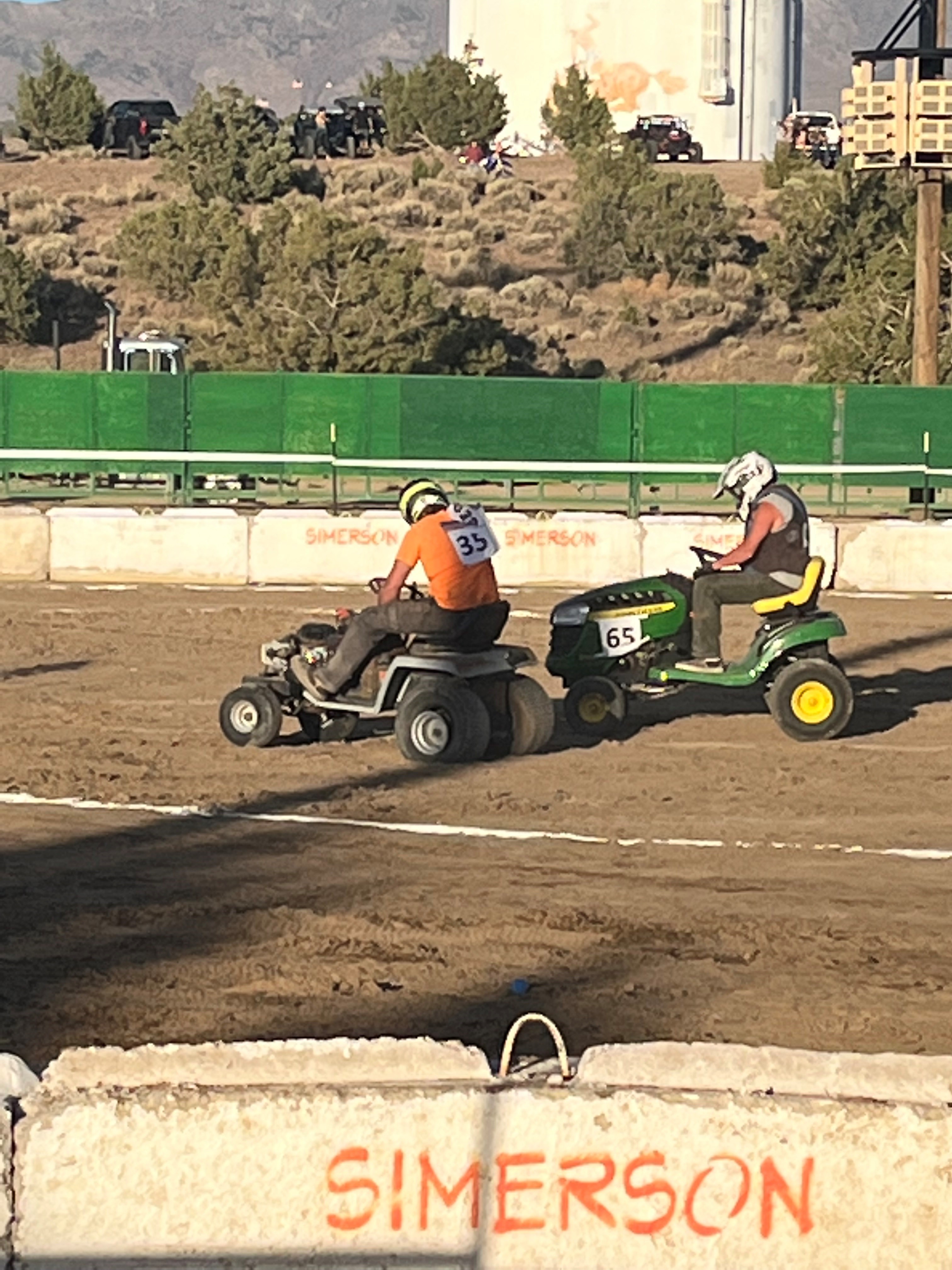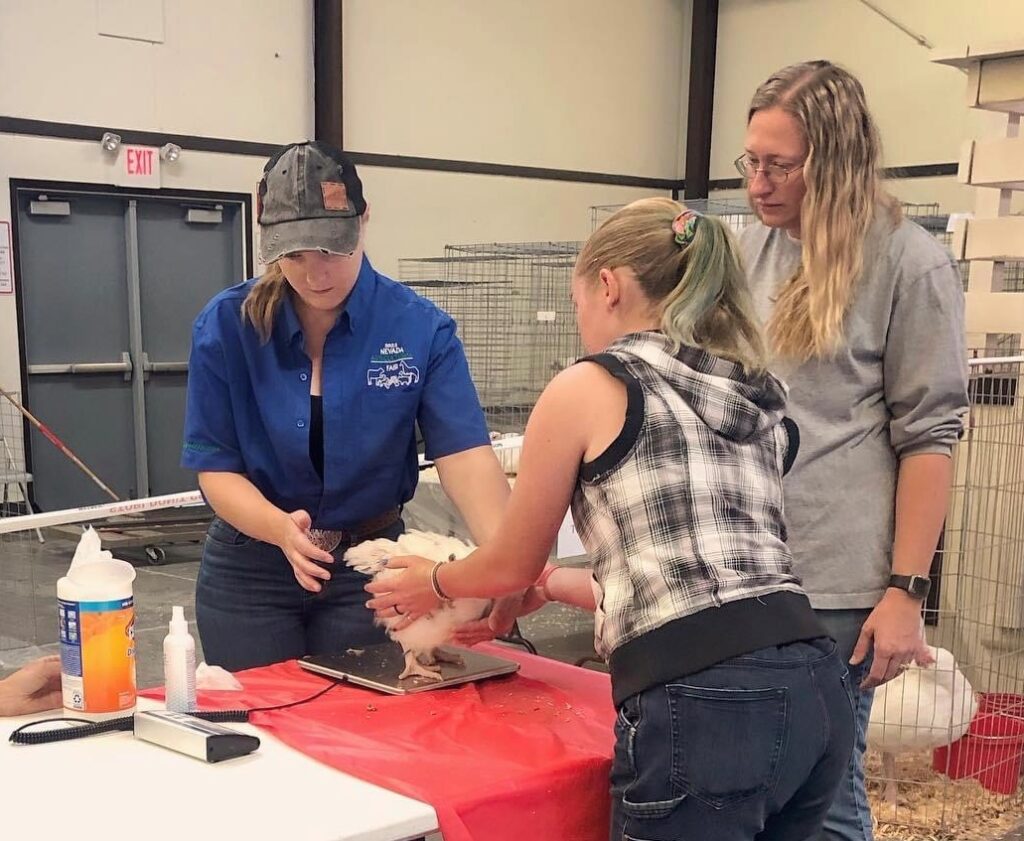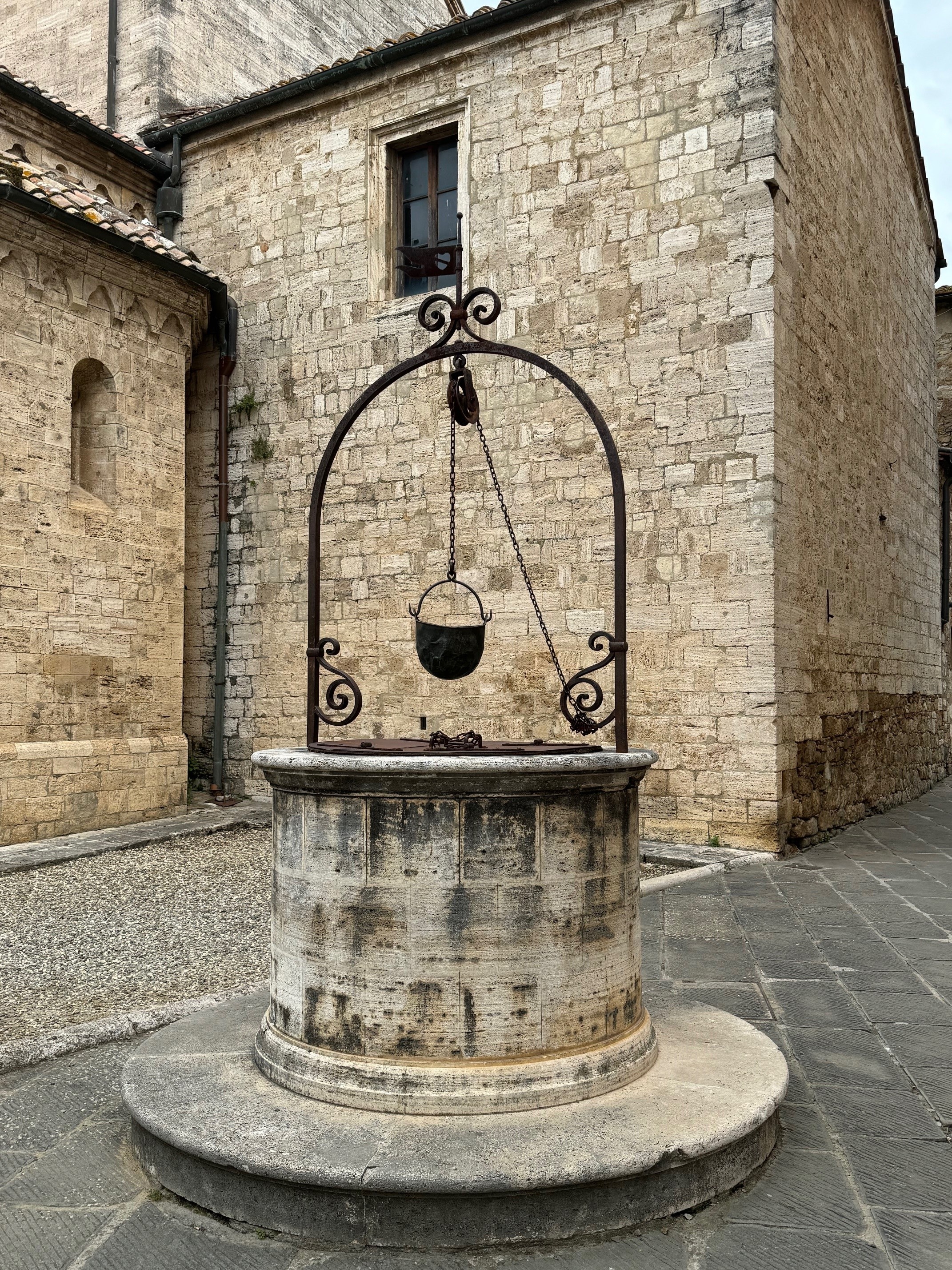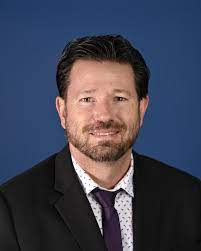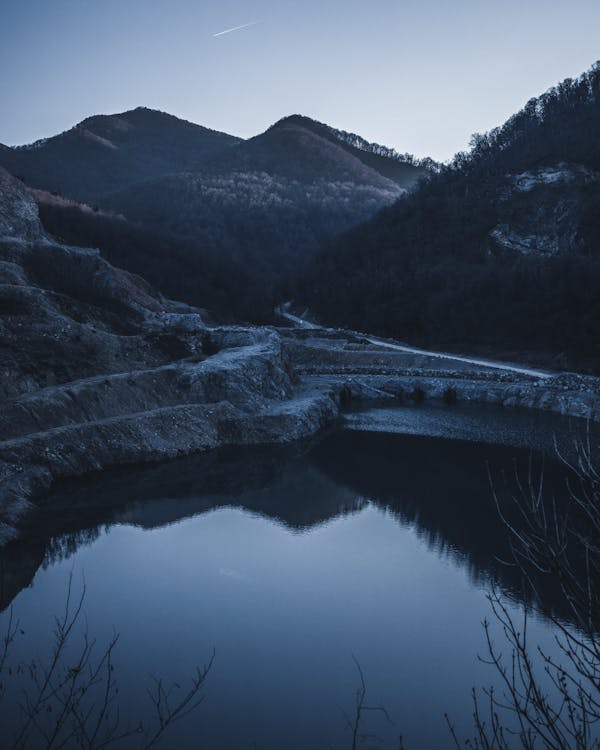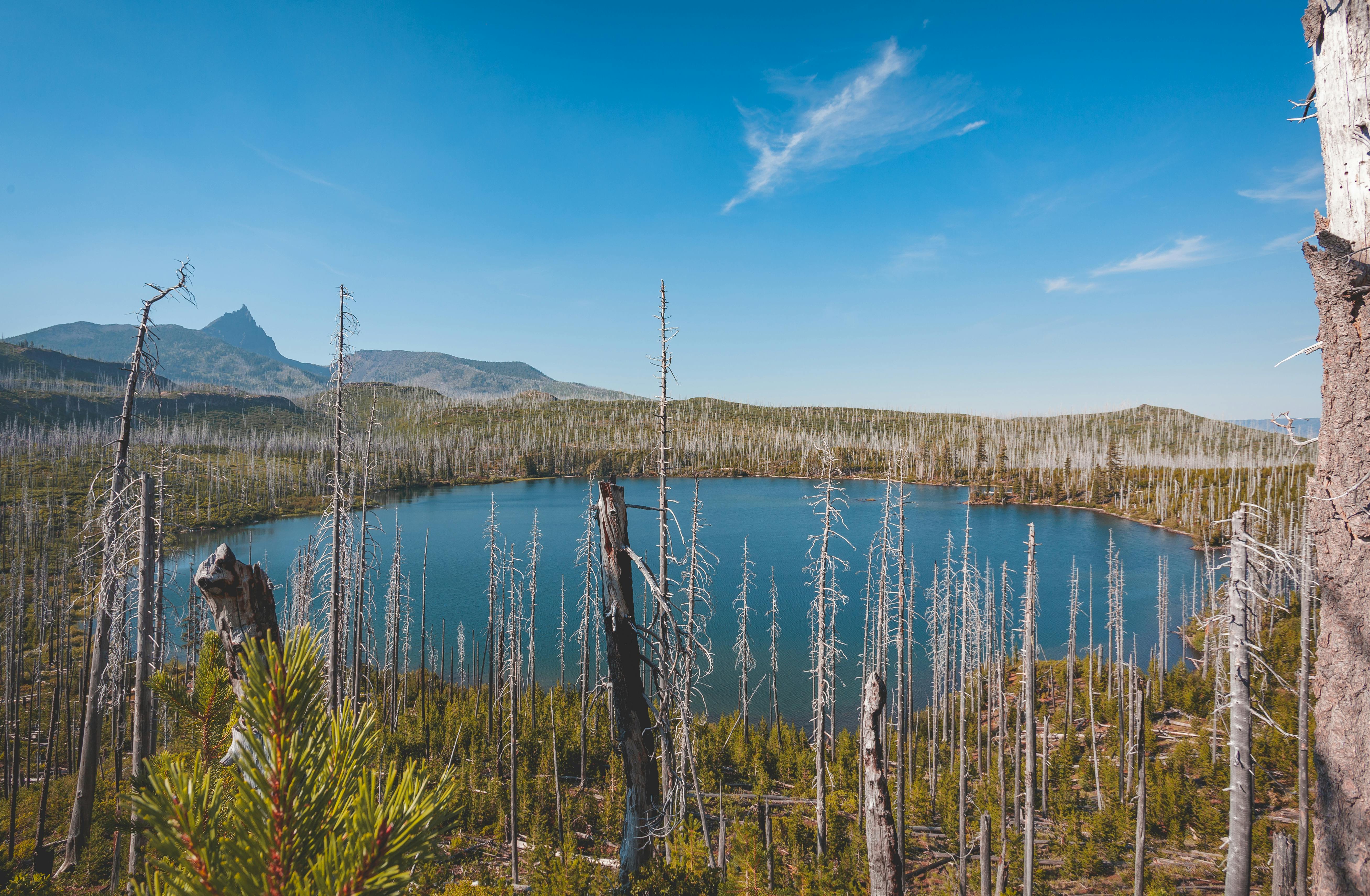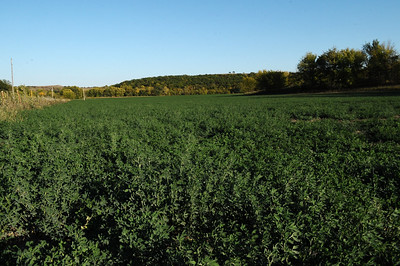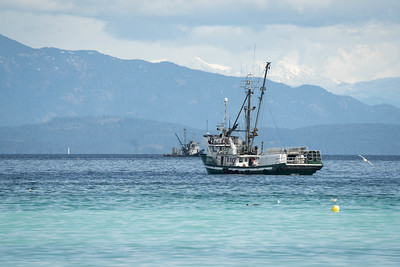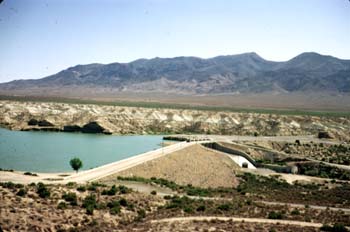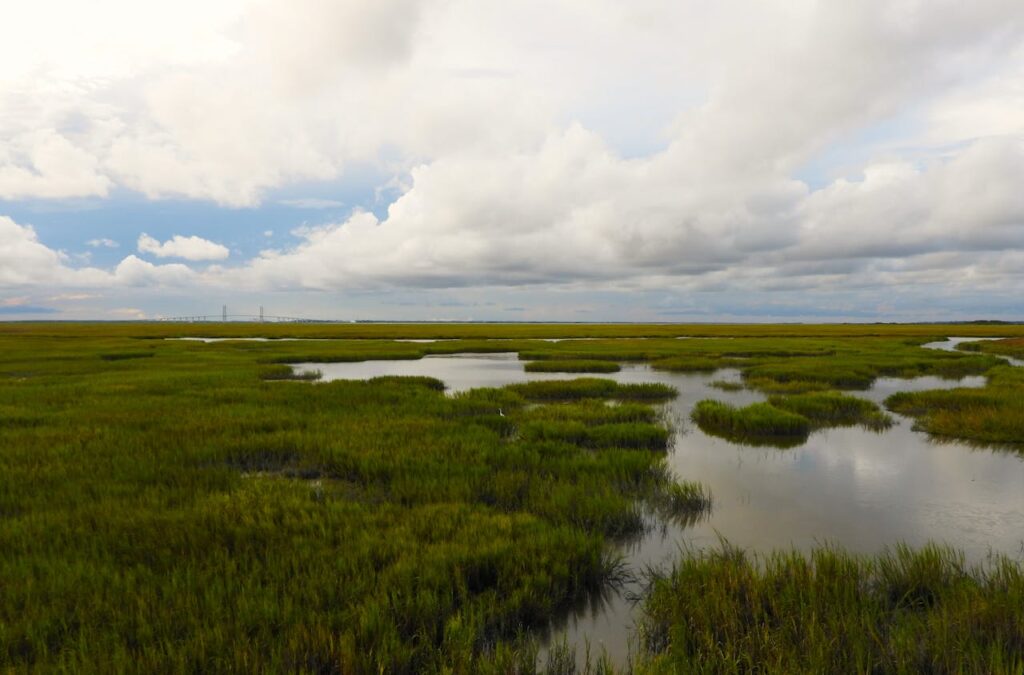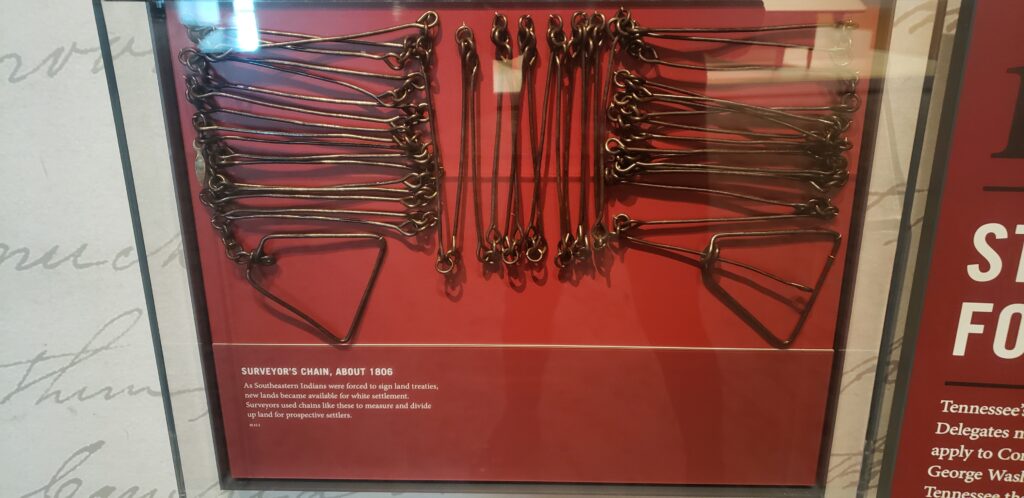USCID Fall Conference

The United States Committee for Irrigation and Drainage (USCID) fall conference registration is now open. www.uscid.org As the current president of this organization, I’m letting my “friends of Schroeder Law Offices” know what we are up to when not working in the office representing our clients.
What is USCID?
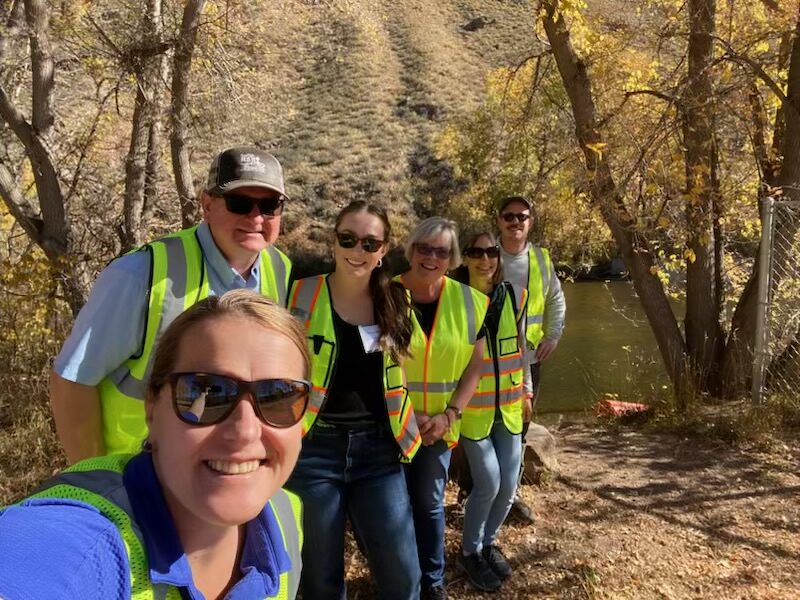
The USCID is a non-profit organization dedicated to sharing and collaborating on all water issues. These especially relate to planning, design, construction, operation, and maintenance of irrigation, drainage and flow control works. They particularly include agricultural economics; water law; and environmental and social issues affecting irrigated agriculture. As you might tell, given my upbringing in irrigated agriculture, these are all areas near and dear to me. With all the challenges facing water use in the United States, this organization of scientists, engineers, extension representatives, irrigation managers, agency representatives, policy makers, and product engineers and manufactures, is the place to be when it comes to learning about cutting edge developments and studies in handing the ever-increasing water scarcity.
At Schroeder Law Offices, we strive to understand water use in all facets from growing food and fiber and supplying safe water supplies for our clients. Participating in these organizations it keeps us in touch with cutting edge ideas and solutions that help us better serve our clients.
The USCID Fall Conference
The USCID Fall Conference, on Implementing Sustainable Water Management, is open for registration. The conference this year will be in Sacramento, October 1-4th. Please consider joining this important organization and attending our conference. In addition to the “conference room” presentations providing valuable educational opportunities, the USCID planning committee has lined up some great tours. Tuesday morning’s tour will head to Vacaville and visit the Solano Irrigation District. Here we will learn what SID has done to modernize its irrigation system to bring more accurate delivery to its constituents.
Friday’s tour, will head to Oroville Dam and Lundberg Family Farms. Oroville is the tallest earth-fill dams in the United States at 770 feet high and 6920 feet long. We experience the dam up close to learn about the spillway failure in 2017 and its emergency recovery and repair. We will also learn about the importance of the dam in supporting agriculture, power generation and flood control. At Lundberg Family Farms, we will learn about the farming operations for various varieties of rice. We will learn about the Lundberg Family’s dedication to sustainability in crop nourishment and use of water. Lundberg is a regenerative organic certified operation and has a goal of moving its organic operation to 100% regenerative organic certified by 2027.
Along with the tours, the planning committee has accepted around 30 presentations to bring you a well rounded conference focusing on Implementing Sustainable Water Management. I am especially interested in learning some of these sustainable water management strategies as I hope to take them back to Nevada as we struggle with implementing a conjunctive management system on the Humboldt River.
We hope to see you there!
Therese



